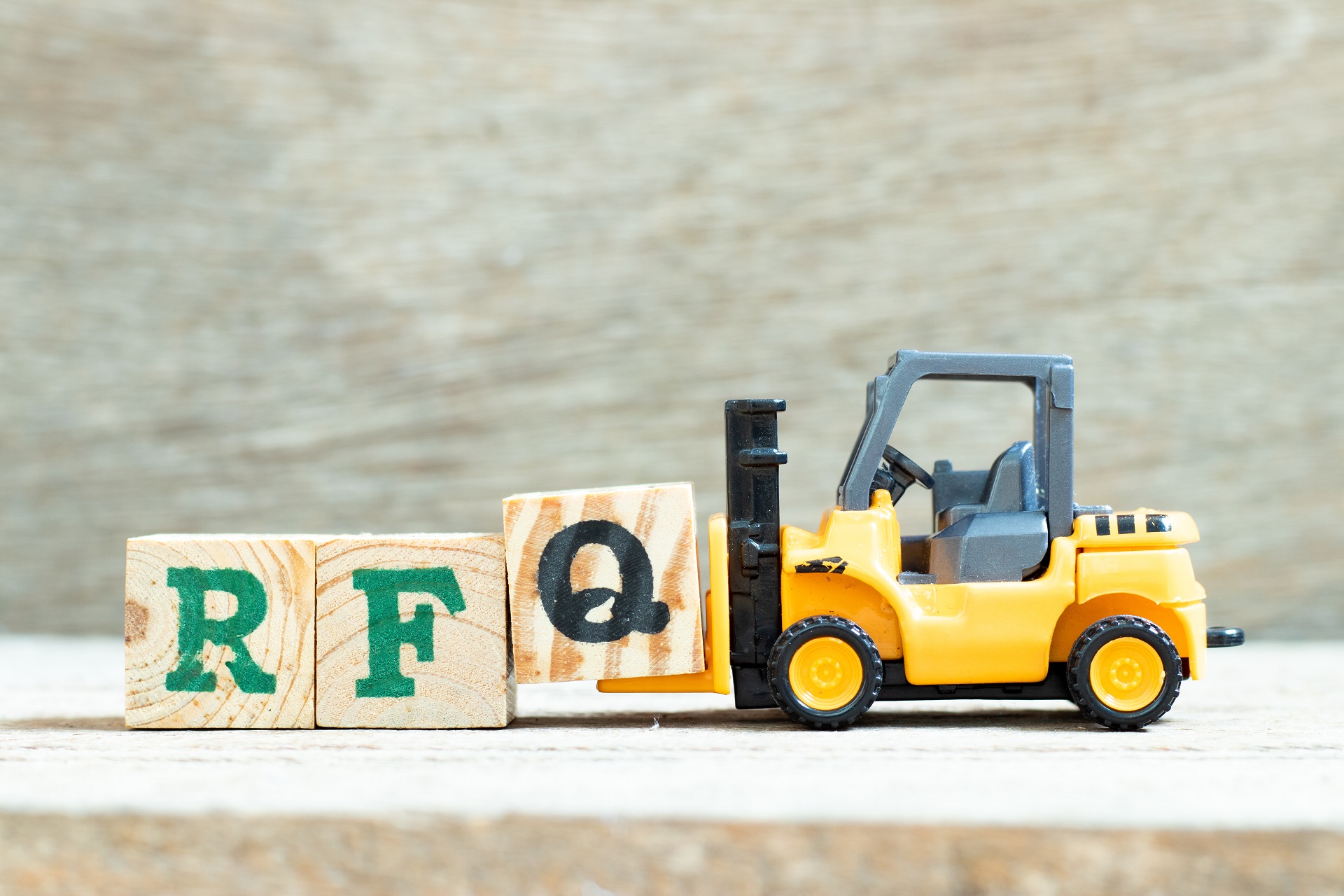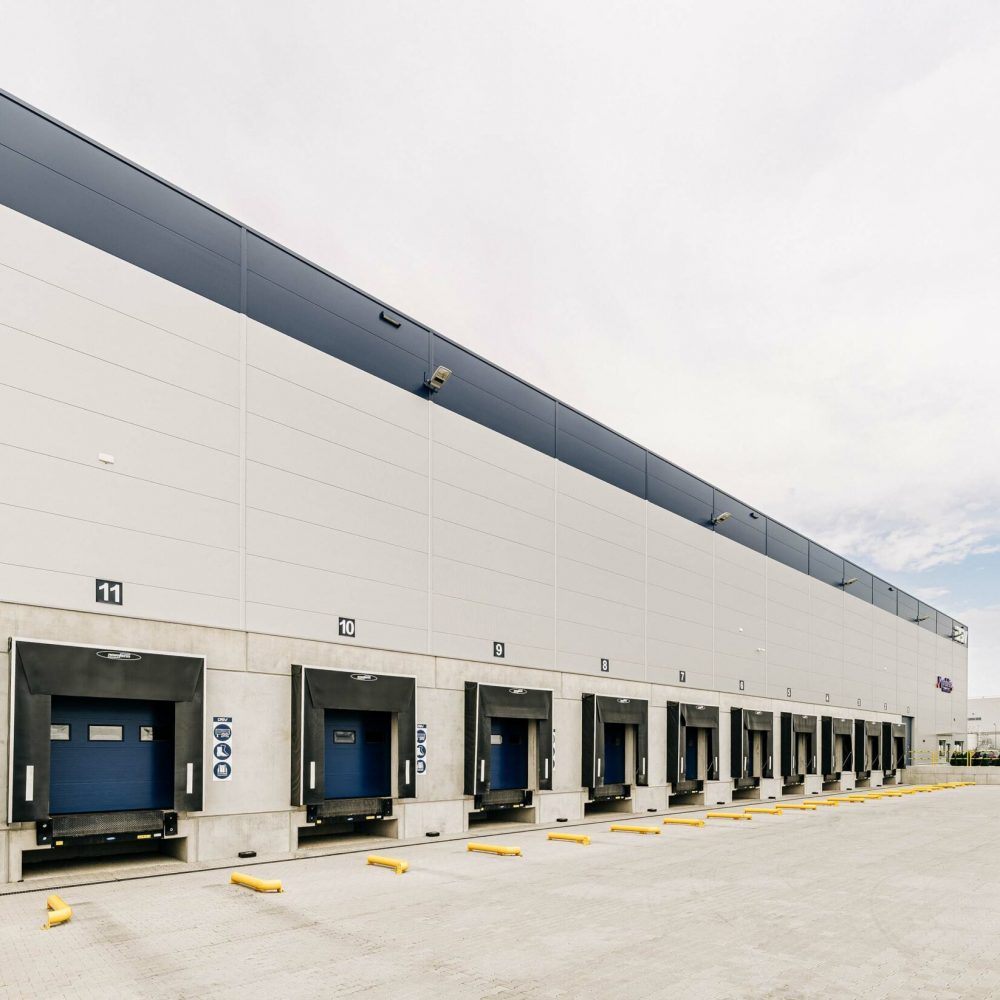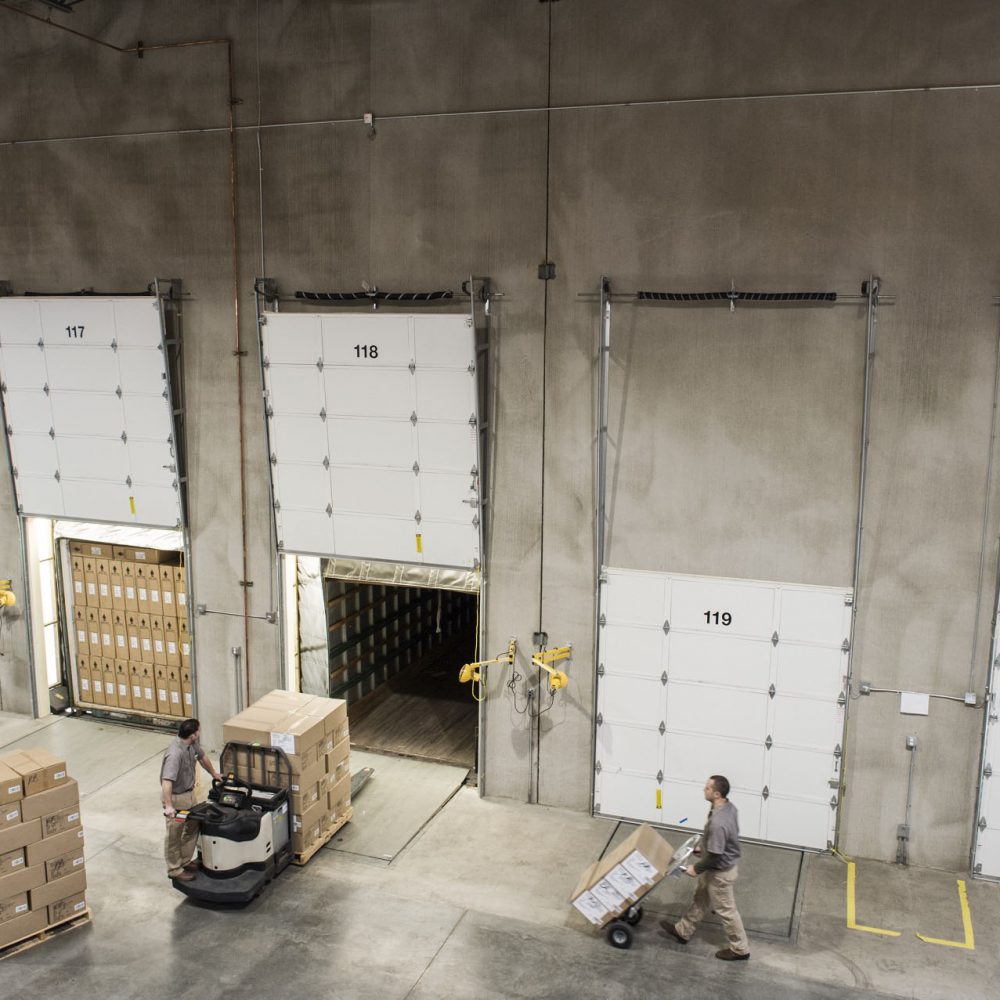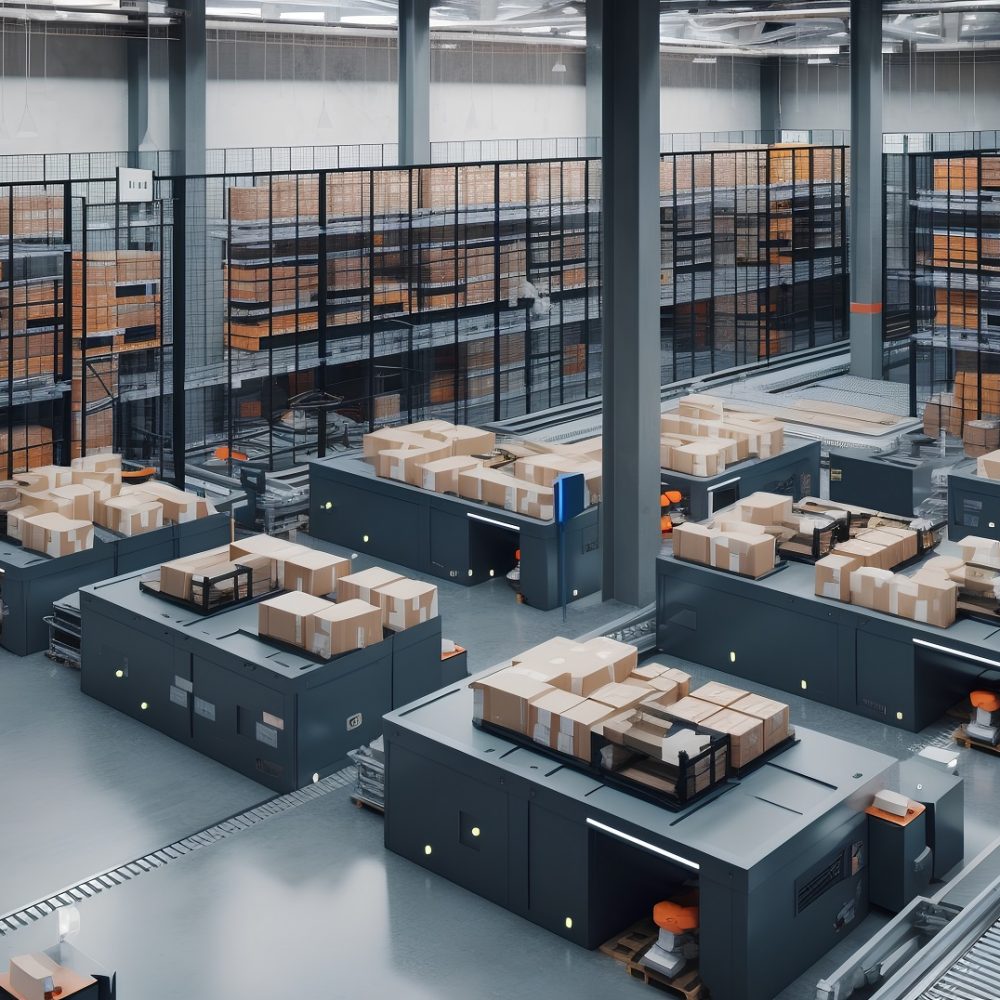
Industrial halls are large-scale facilities that often house complex production processes, as well as warehouses or a combination of both. The basic production and storage area is inevitably accompanied by welfare facilities, and many times also by the office part of the production or storage complex. Valuing the construction of an industrial hall is a complex task due to the amount and type of infrastructure accompanying the ’empty volume’ itself needed to operate a plant. Also important, from a logistical point of view, is the need to select appropriate solutions for efficient and economical operation of the facility. It is therefore possible and worthwhile to prepare adequately for the valuation of an industrial hall in order to express one’s expectations in the best possible way when talking to the technical and commercial representative of the general contractor. The following paragraphs discuss the main groups of aspects worth considering and tips that will facilitate the development of an accurate valuation for the construction of an industrial hall.
Role of investor representation in valuation preparation
In order to make an accurate valuation of an industrial hall, it is necessary to establish its basic expected technical parameters. Therefore, in the interview with the general contractor, questions that may be expected will relate to the type of business carried out in the facility to be quoted. Information on the space required in the operation of the plant and its subdivision, as well as the infrastructure to ensure the functioning of all the component parts of the equipment, is therefore important. Thus, the Investor’s representation requesting a valuation of the industrial hall should consist of decision-makers demonstrating technical knowledge in the area of production and logistics specifics and other key knowledge for the proper functioning of the plant.
Defining the investment need – basic technical aspects
Producing a proper industrial hall valuation involves more than just taking the appropriate estimates of materials and construction work and associating them with unit prices. This is because the role of the general contractor is, in the first instance, to adapt the technical solutions to the real needs of the Investor. Thus, the initial step in valuing the hall is for the investor to formulate the investment need openly and clearly. Note, however, that the general contractor will adapt the proposed design of the hall to the processes taking place in it, and so, for example, for an investor whose production processes require the movement of materials along the process line by means of lifting equipment, such as overhead travelling cranes, the proposed design will differ from the one for an Investor whose project need is to increase the storage area, where the main element of the facility’s equipment will be rack aisles. At the same time, the proposed design solutions will be completely different in the case of a production hall where the hall with an overhead crane requires a lifting height of 9.0 m or 5.0 m and the width of the crane beam is 20.0 m or only 12.0 m.
Similarly important components are the layout of gates and loading docks, the required welfare and office facilities, the systems and process lines suspended from the roof or walls, the way and scheme of lighting for the hall and workstations and their layout plan, or the way the facility is heated and ventilated.
Equally important data for the accurate valuation of a hall is the location data for which the building is expected to be erected. Indeed, it is often the case that an investor requests a quote from a general contractor for a facility in a strictly defined location. It is important to be aware that the valuation of an industrial hall with an identical function, area and all sorts of technological solutions may differ in price between different locations. This difference is influenced not only by aspects related to the mobilisation of skilled construction workers and the transport of materials, but also by the environmental conditions that affect the building. Indeed, depending on the geographical location, different representative load values are assumed from the environmental effects of snow and wind on the building. In addition, the values of these environmental impacts may also be influenced by local topographic conditions such as the effect of obscuring the building by adjacent and nearby buildings. This effect, however positive for wind, can also be negative, as for example in the case of an extension to a taller building from the point of view of the effect of additional snow drifts.
Sometimes an important technical parameter, which has an extremely significant impact on the price of building an industrial hall is the ground conditions. It is therefore worthwhile to carry out a preliminary investigation of the ground conditions by an experienced geologist before requesting a quote.
Quotation for the construction of an industrial hall
It can be noted that the valuation of an industrial hall is subject to a multi-criteria function of selecting and optimising technical solutions. This is undoubtedly a step-by-step process, requiring a synthetic analysis of the existing conditions and available options on the part of both the Investor and the general contractor. Undoubtedly, it is advisable to proceed to the valuation of the construction of an industrial hall with as much data as possible, but at the same time to be open to recommendations of certain solutions from the general contractor gained through many years of experience.



